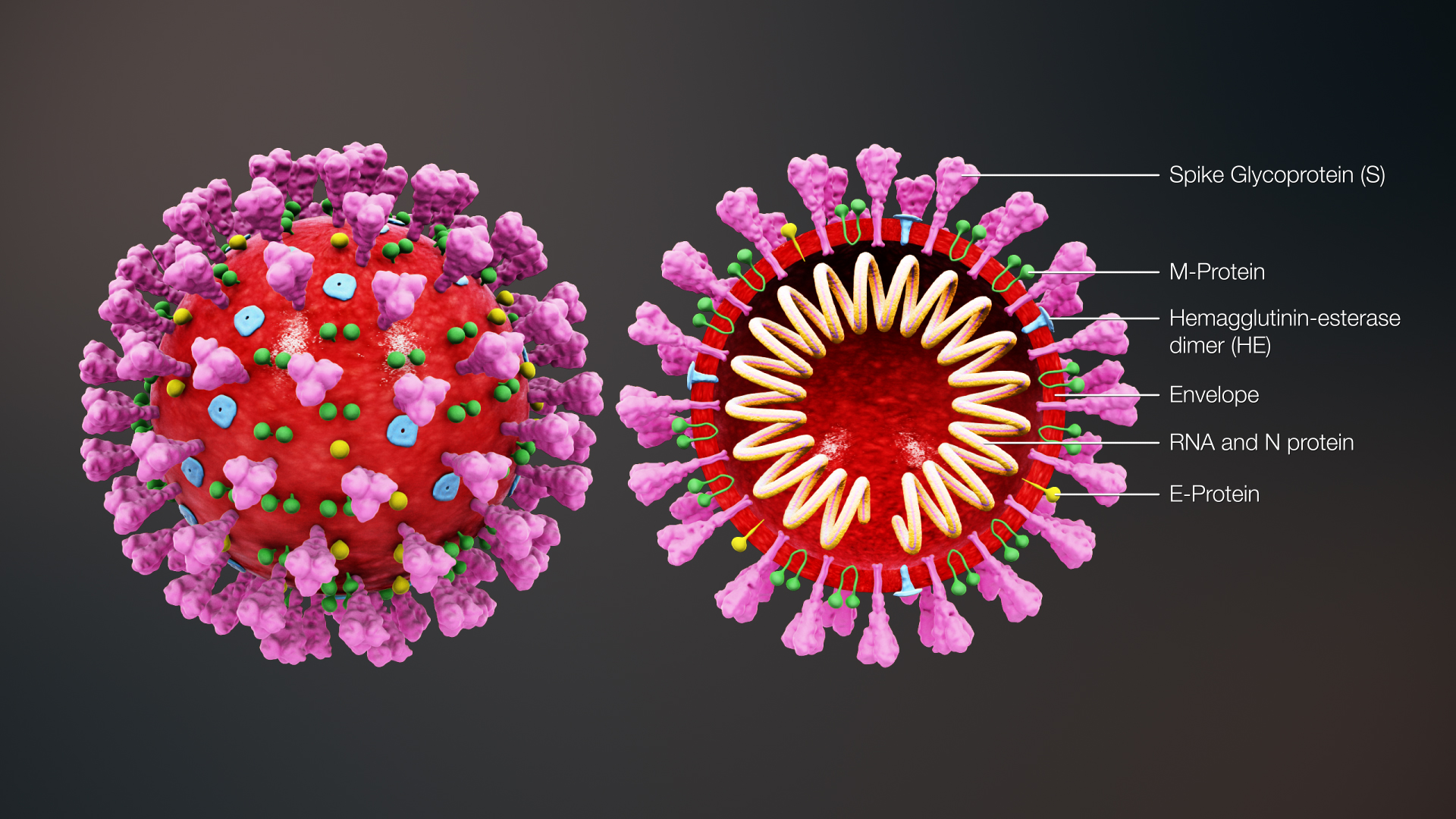It is common for people to reach for something to eat, even when they don’t really need food. This is caused by several hormones within your body that control hunger. Leptin, ghrelin and insulin all signal your body to eat, and learning to balance these hormones can help you in your weight loss efforts.
Insulin is made in your pancreas and works to help cells gather glucose or sugar from your blood stream to use as energy. Many people, as many as one-third of the population in the Rochester Hills area, have a resistance to properly responding to insulin. This leads the pancreas to secrete too much insulin during meals high in refined carbohydrates, such as a lot of white bread or pasta. When insulin responds abnormally, you can experience a desire to eat even when you are not physically hungry.
Eating significant amounts of refined carbohydrates can cause your body to fluctuate between low and high energy levels throughout the day. Your body prefers glucose or carbohydrates as fuel, so your body will tap into these resources before utilizing protein or fat. This can be a major hindrance in your efforts to lose weight.
Two other hormones, leptin and ghrelin also play a role in hunger. Leptin creates feelings of fullness and ghrelin creates feelings of hunger. When your diet is unbalanced, or you are sleep deprived, these hormones will not function properly. You may find yourself feeling hungry and craving unhealthy foods. Lack of sleep can slow your metabolism and increase levels of hunger, derailing weight loss plans.
To manage these hormonal influences, try to have some protein with every meal, especially breakfast. Work on avoiding refined carbohydrates and make sure you get adequate rest. Taking care of your body and creating a balanced lifestyle will help keep these hunger hormones in check, thus supporting your goals to lose weight.







